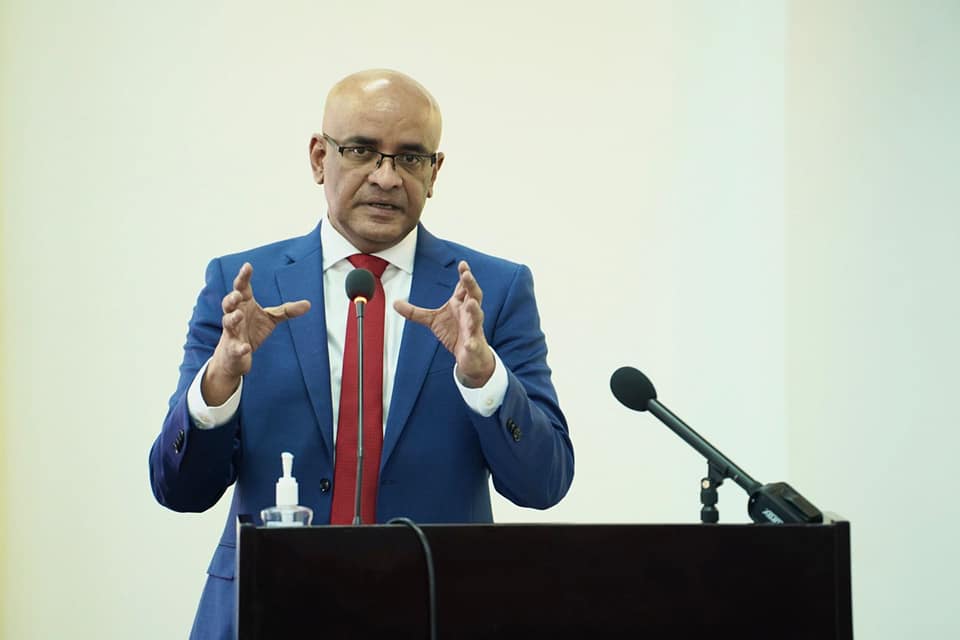RE:News naturally gasFor those that wanted it printed out
Guyana’s Vice President, Bharrat Jagdeo, announced during a November 28 press conference that the United States Export-Import Bank (EXIM Bank) has given preliminary approval for a loan exceeding US$500 million to support Guyana’s Gas-to-Energy project. Initially, the government applied for approximately US$646 million, but Jagdeo said the approved amount “will only cover exports out of the United States of America.”
He said it will also serve as retroactive financing, as the government of Guyana has had to disburse monies from its treasury while waiting. Just last Wednesday, Guyana’s Parliament approved US$121 million in support of the project, the last of a series of disbursements since 2022.
 Bharrat Jagdeo, Vice President of Guyana.
Bharrat Jagdeo, Vice President of Guyana. The Gas-to-Energy project aims to utilize offshore natural gas, extracted by ExxonMobil, which will be transported to shore at a rate of 50 million cubic feet per day. This gas will primarily be used for power generation and the commercialization of natural gas liquids. The onshore facility, which includes a 300-megawatt power plant, will help replace heavy fuel oil as the country’s primary energy source. The government anticipates that, once operational in 2025, this facility will cut electricity costs for consumers by 50% and reduce emissions.
EXIM Bank’s preliminary loan approval now enters a 30-day notification process with the United States Congress, starting from November 21, 2024. Following this, the bank’s board will need to grant final approval.
To date, ExxonMobil has installed the offshore pipeline for the project. However, construction of the onshore infrastructure, for which the government is responsible, is ongoing.
The onshore facility, including the power plant, is estimated to cost about $759 million. Additional costs are associated with project management, operation, and upgrading Guyana’s transmission infrastructure to handle the energy produced. The specific start-up date for the project has not yet been determined. The government and its contractor are in a dispute over the timeline and costs.